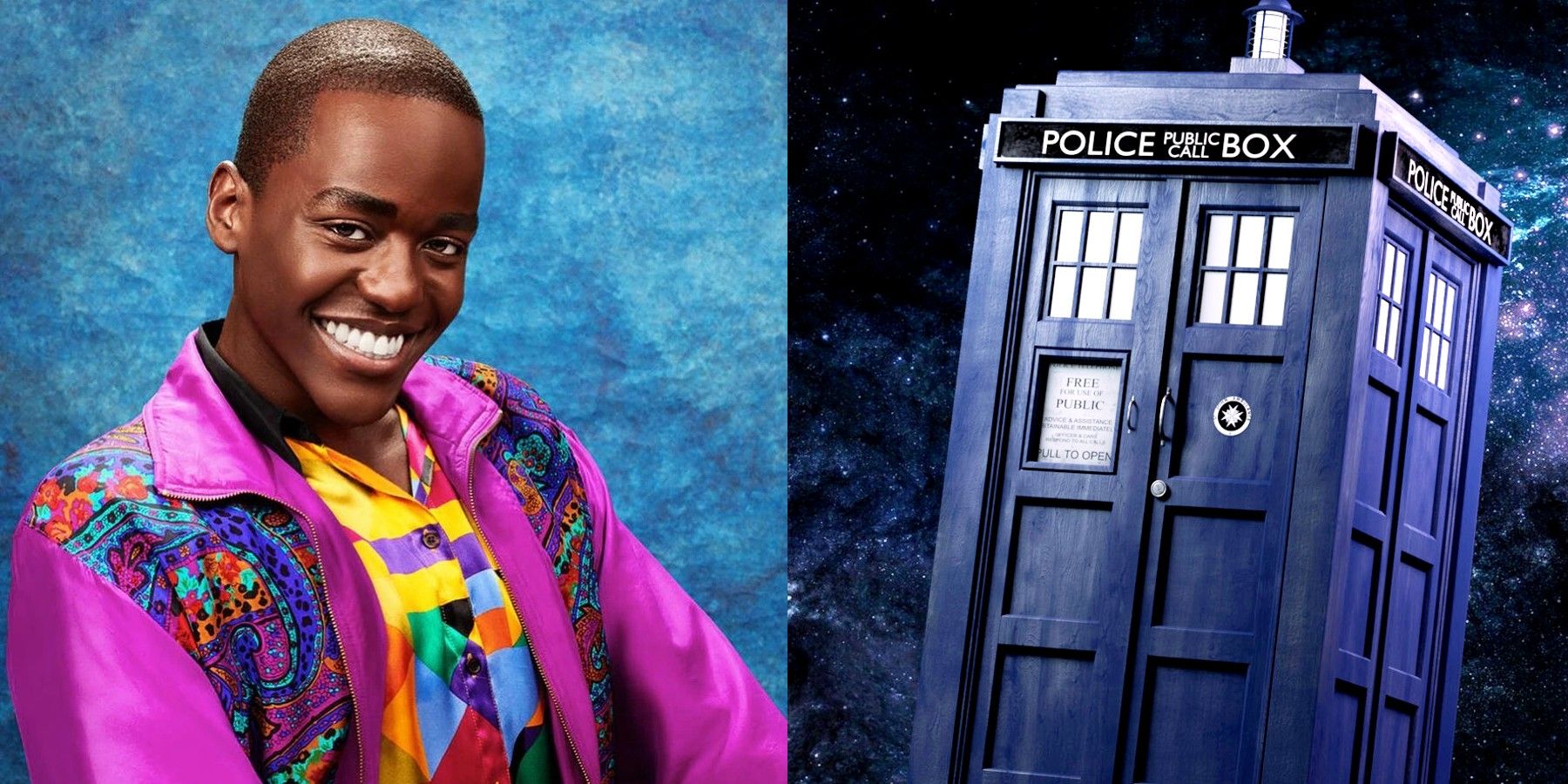Doctor Who is one of the most beloved and influential science fiction series of all time. The fingerprints of the British show, which began in the 1960s, are all over some of the most popular titles of the modern era. Today, Loki and Legends of Tomorrow are just two prime examples of series that are clearly influenced by it.
Despite the influence it’s had on science fiction, Doctor Who is in a bit of a flux (pun intended), with this clearly being a time of transition for the series. After being relaunched in 2005, with Christopher Eccelston in the starring role (briefly), the show went on to become immensely popular once again. It arguably peaked in terms of its worldwide success during the Matt Smith era. Since then, Peter Capaldi and Jodie Whitaker have played the role, with the latter bowing out later this year and Ncuti Gatwa in line to replace her. It ultimately appears to be a brand-new era for Doctor Who, and for good reason given fans' lack of satisfaction with the writing in the more recent episodes. As Russell T. Davies returns as showrunner (having previously helmed the Eccelston and David Tennant eras), Doctor Who should look to David Tennant’s "Journey’s End" arc, which ended with his regeneration.
The poor writing of the more recent seasons has left Doctor Who in such a state that a reset of sorts is essential if the show is to continue. The BBC reportedly became immensely concerned with the decline in popularity a few years ago, citing in particular the lowest viewership ratings of this century and often bad reviews to boot. This isn’t to place any of the blame on Jodie Whitaker, as the first female Doctor has brought a freshness and youthful excitement that is genuinely fun to watch. Unfortunately, though, Whitaker has had to carry the show through some dull and often plot-hole heavy storylines from the current (and outgoing) showrunner.
On paper, the arrival of Chris Chibnall as head writer made a lot of sense. The fact that he had previously written episodes of the show and that he had created Broadchurch, a murder mystery that resulted in international acclaim, meant that Chibnall seemed like the perfect fit to take the series forward. After all, the writing on the series had already gone on a steady decline during the reign of Steven Moffat, who was the head writer of the Matt Smith and Peter Capaldi eras. After an incredibly bright start with Matt Smith, his run as the Doctor tapered off, and this decline continued into Peter Capaldi’s time. Capaldi in particular was somewhat wasted in the starring role due to the poor writing, which was a real shame given the vast potential he had. Chibnall was meant to be the writer to come in and steady the ship, but the slump continued and accelerated, hence the need for this new era.
Bringing Russel T. Davies back into the fold again seems like a smart move, but he must be careful not to repeat some of the mistakes of his predecessors. Generally speaking, his previous run as showrunner was the best-received time of the new iteration of the show, particularly with David Tennant in the role. Tennant added something truly unique with his vibrant, energetic performance, but was careful to never go overboard. Much of the writing during Tennant’s era was also superb, which is in a way further proven by the fact that some of the best aspects of Matt Smith’s time came when the show tapped into the style and storylines of what came before with the previous Doctor.
Still, Davies has a huge job to rebuild the series after many viewers jumped ship in the past few years. The best route he can take is to take direct inspiration from that final arc of Tennant’s, where the Master was wreaking havoc before the Doctor regenerated. This arc was near perfection, as it depicted the Doctor as a wise yet youthful time lord, and one whom the audience felt a great connection to. If Ncuti Gatwa’s version of The Doctor can have a similar emotional impact on viewers, then it will mean this new era will almost certainly be a success.
The stakes also felt incredibly high in these final episodes, which is natural to an extent given that audiences knew it was the final time for Tennant in the role. Still, Jodie Whitaker has just one episode left as the Doctor and yet the stakes seem virtually nonexistent. At this point, her final outing seems more like a formality or a final hump to get over before moving on to this new era. Again, this isn’t the fault of Whitaker, and although the writing has been below par, it seems unfair to place the blame on any one person. Whoever or whatever is the problem with the show, taking inspiration from the final episodes of the Tennant era would be a great footing for the new run.

.jpg)
.jpg)
